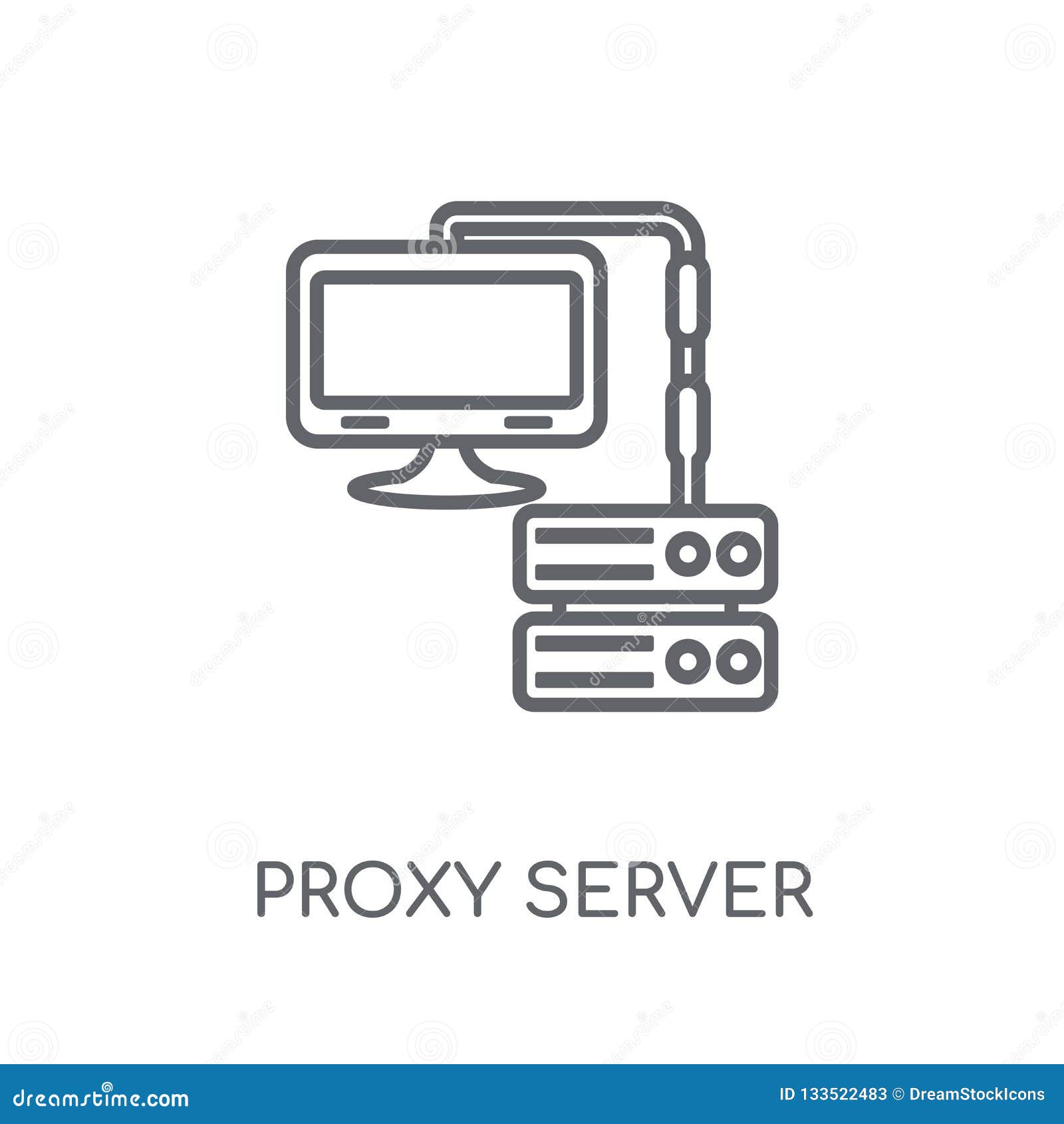In the current digital landscape, accessing content online can frequently seem like navigating a maze. Geo-restrictions imposed by web services and streaming platforms can obstruct your capability to access the content you desire. Luckily, proxy servers have emerged as a popular solution to bypass these restrictions, providing users with the means to access geo-restricted content with ease. But what exactly is a proxy server, and how does it function?
By acting as an intermediary connecting your computer and the internet, proxy servers can hide your IP address and make it look as though you are surfing from a alternate location. This functionality not only enables access to region-locked content but also offers advantages in terms of confidentiality and security. As we delve deeper into the world of proxy servers, we will explore their different types, their distinctions from VPNs, and how they can enhance your online experience while safeguarding your identity. If you are a casual internet user or a business seeking protect confidential data, grasping how proxy servers work is essential in today's linked world.
Comprehending Proxy Services
Proxy servers act as middlemen between individuals and the web. When you link to a proxy, your queries for online content are forwarded to the server rather than going straight to the target site. This means that the proxy fetches the data on your behalf, allowing you to reach content while masking your true IP address. The result is a degree of anonymity and privacy, making it challenging for websites to monitor your online activities.
The method proxy servers function can change, depending on the type of proxy employed. Some proxies, including HTTP or SOCKS, are configured for specific protocols and applications. For example, an HTTP proxy is tailored for internet traffic, while a SOCKS proxy is more adaptable, supporting multiple types of internet traffic. Grasping these distinctions can benefit users select the right form of proxy to meet their needs.
In besides privacy benefits, using proxies can enhance online protection. By routing internet data through a proxy, sensitive data can be secured, which helps to prevent illicit access. Companies often employ proxy servers to manage and monitor worker internet activity, block dangerous sites, and limit vulnerability to cyber threats. As more users become aware of the importance of online security and privacy, the role of proxies keeps increasing in importance.
Benefits and Risks of Proxy Usage
The use of proxies offers multiple advantages that can greatly enhance online experiences. One of the primary advantages is enhanced privacy online. By hiding your IP address, a proxy helps safeguard your identity, making it more difficult for websites and marketers to track your online activities. This added layer of concealment can be particularly beneficial for individuals concerned about data privacy and surveillance. Furthermore, proxies can help overcome geographical restrictions, allowing individuals to access materials that may be unavailable in their areas.

However, there are also dangers associated with using proxy servers that users should be mindful of. Many complimentary proxy servers may compromise user security, as they can log your activities or inject ads into the websites you visit. Additionally, some proxy servers may not sufficiently secure your data, leaving you exposed to cyber threats. Users must exercise care when selecting a proxy service, as the wrong choice could threaten the very safety and protection they are attempting to achieve.
Another concern revolves around possible performance issues. While proxy servers can improve speed in specific cases, such as storing frequently used content, they can also cause delays if the proxy is overloaded or if there is a bad network connection. This can result in undesirable outcomes, especially for tasks that require high speeds, such as gaming online or streaming. It's crucial for users to weigh the benefits against these risks to make informed choices about their use of proxies.
Proxy services for Streaming and Gaming
Proxy services play a key role in improving streaming experiences and enhancing the gaming experience. For media platforms like Hulu and Hulu, regional restrictions can hinder access to content based on your location. Using a proxy server allows you to bypass these restrictions by hiding your internet protocol address and seeming as if you are visiting the service from a different location. This allows viewers to gain access to a broader range of shows and movies while enjoying their favorite platforms without any difficulty.
Online gaming is a further aspect where proxy servers can considerably boost gamer experience. omeka.net/ as delay and ping issues, which can impede gameplay. By associating to a proxy server, players can cut down on delay by routing to data centers closer to the server location. Additionally, proxy systems can help avoid regional bans that might be imposed on gamers engaged in competitive play, permitting them to have a seamless play session without breaks caused by regional restrictions or bans.
Furthermore, proxies can improve overall gameplay security by hiding your actual internet protocol address, thereby safeguarding you from malicious entities from hackers. This added layer of security is vital in online multiplayer environments where user data can be targeted. By using a proxy, gamers can not only access geo-locked games but also ensure their internet safety while doing so, ultimately leading to a more enjoyable and protected gameplay experience.
